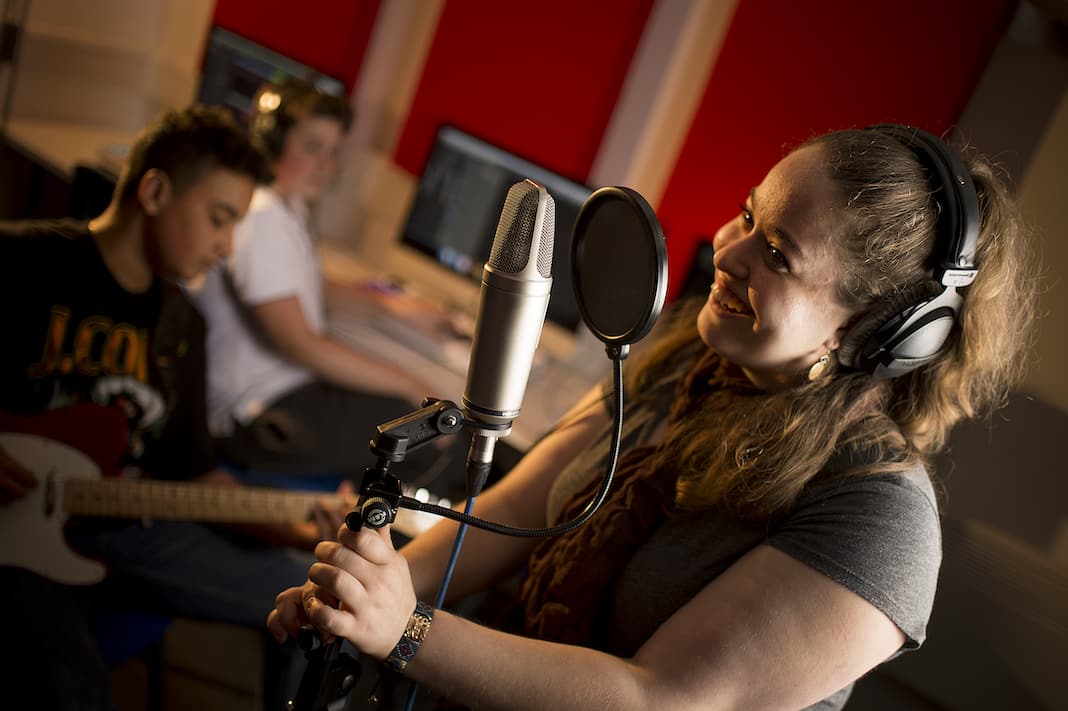Candida Cave, Principal of Hampstead Fine Arts College, says it’s time to end our snobbery over vocational qualifications
Why are people so negative about BTECs? Over the years, BTEC diplomas and GNVQ (General National Vocational Qualification) have struggled to compete with the status afforded by A levels. Indeed, a common dismissal of the GNVQ was that it really stood for ‘Generally Not Very Qualified’. This snobbery is something peculiar to the UK and has never been the case in European education, where academic and vocational courses are accorded a similar degree of respect.
It is important to be clear, a BTEC qualification is not a lesser achievement, but it does require different sets of skills and suits some students much better than others. Its method of continuous assessment requires consistent hard work and high levels of organisation, and the vital element of tailored work experience needs a committed and a mature approach sometimes lacking in sixth-form students.
The government is now further muddying the waters by announcing it is scrapping the majority of BTECs in 2023 in favour of T Levels (a two-year focused ‘technical’ course) without yet clarifying which BTECs are to have their funding withdrawn. Whatever these courses are called, it is likely they will both suffer from the same lingering misconception that a vocational qualification means a less rigorous education.

If we take the view that education should be a preparation for life, with students being helped to achieve fulfilment in both their home life and future career, we must not only accept but celebrate the fact that young people benefit from a variety of options post GCSE. Traditional A levels may be perfect for future doctors, lawyers and academics, but not necessarily for designers, actors, filmmakers and musicians. For many, a fusion of academic teaching and practical experience is far more rewarding and worthwhile. Far from closing doors and narrowing options, BTEC creates its own exciting windows of opportunity. With a Level 3 BTEC qualification, students have the choice of a degree course at university, drama school or music college, or can enter the industry of their choice already confident in its working practices.
“Education should be a preparation for life, we must not only accept but celebrate the fact that young people benefit from a variety of options post GCSE”
The third qualification option for students is a combination of A level and BTEC courses, which is what an increasing number of schools and colleges are transitioning to. We are following this more blended approach from September 2022 by introducing two new courses to complement existing A levels and our well-established Portfolio Course in Art & Design. The first is in the Performing Arts, which will work extremely well when taken with a supplementary A level. For example, an aspiring actor can take A-level English alongside this course and achieve the equivalent of three A levels. The second new course, Film, Music and Television Production, is specifically designed for students who want to work in these industries and can be taken in conjunction with an A level in Film Studies, Media Studies or Music Technology.
So, what is in a name? Rather a lot it seems. At Hampstead Fine Arts, we will be launching these as the Performing Arts and Film & Television courses. Assessment and external quality assurance will come through the BTEC system, while commitment to the best kind of educational experience for our students will continue to come from us.
Hampstead Fine Arts College hampsteadfinearts.com
Further reading: Absolutely Education meets Candida Cave
You may also like...

























